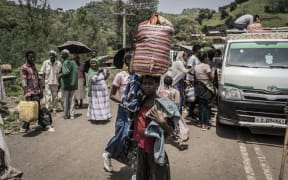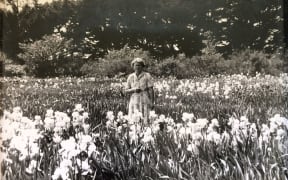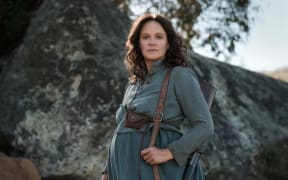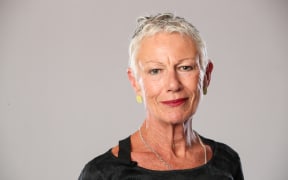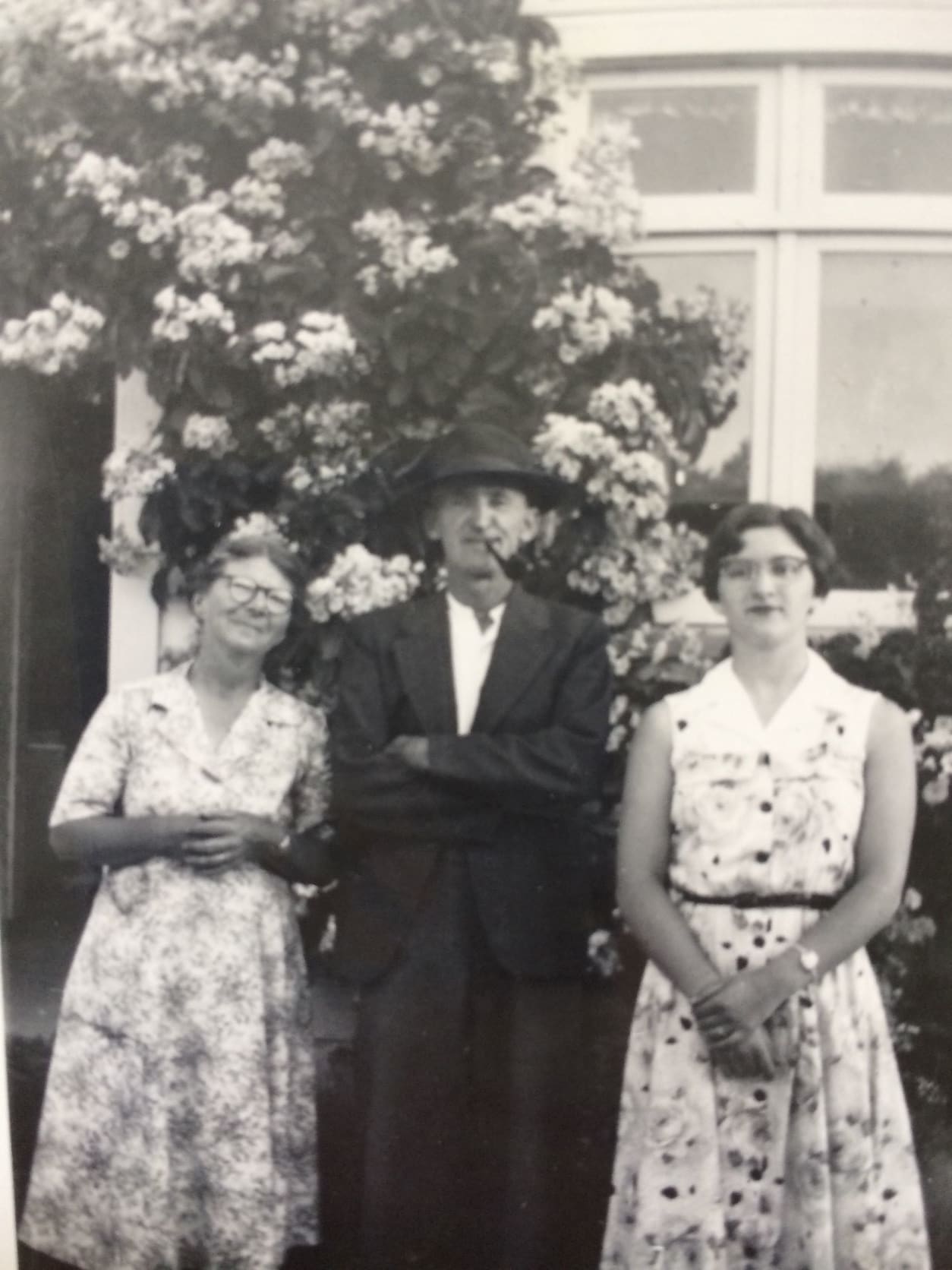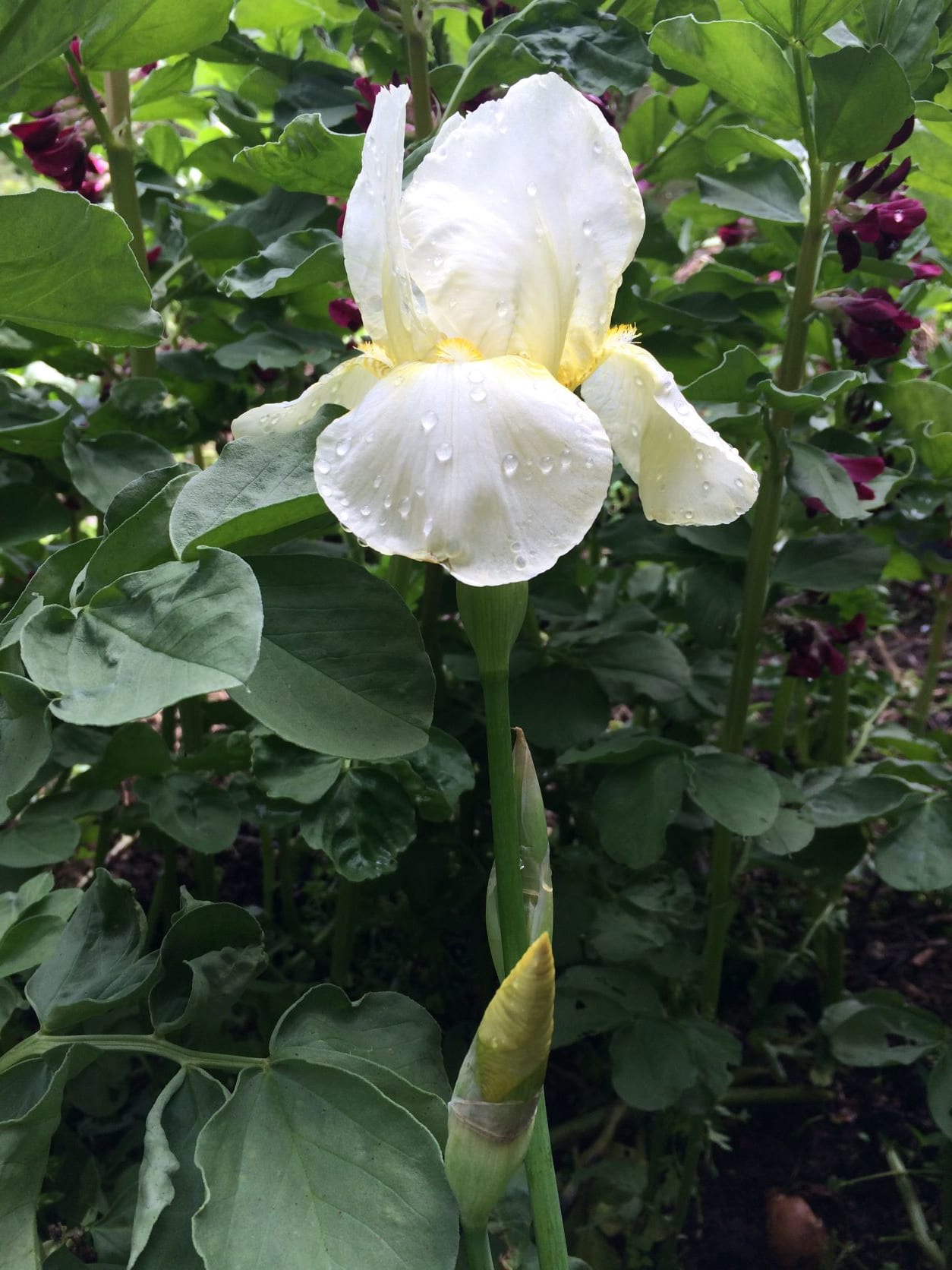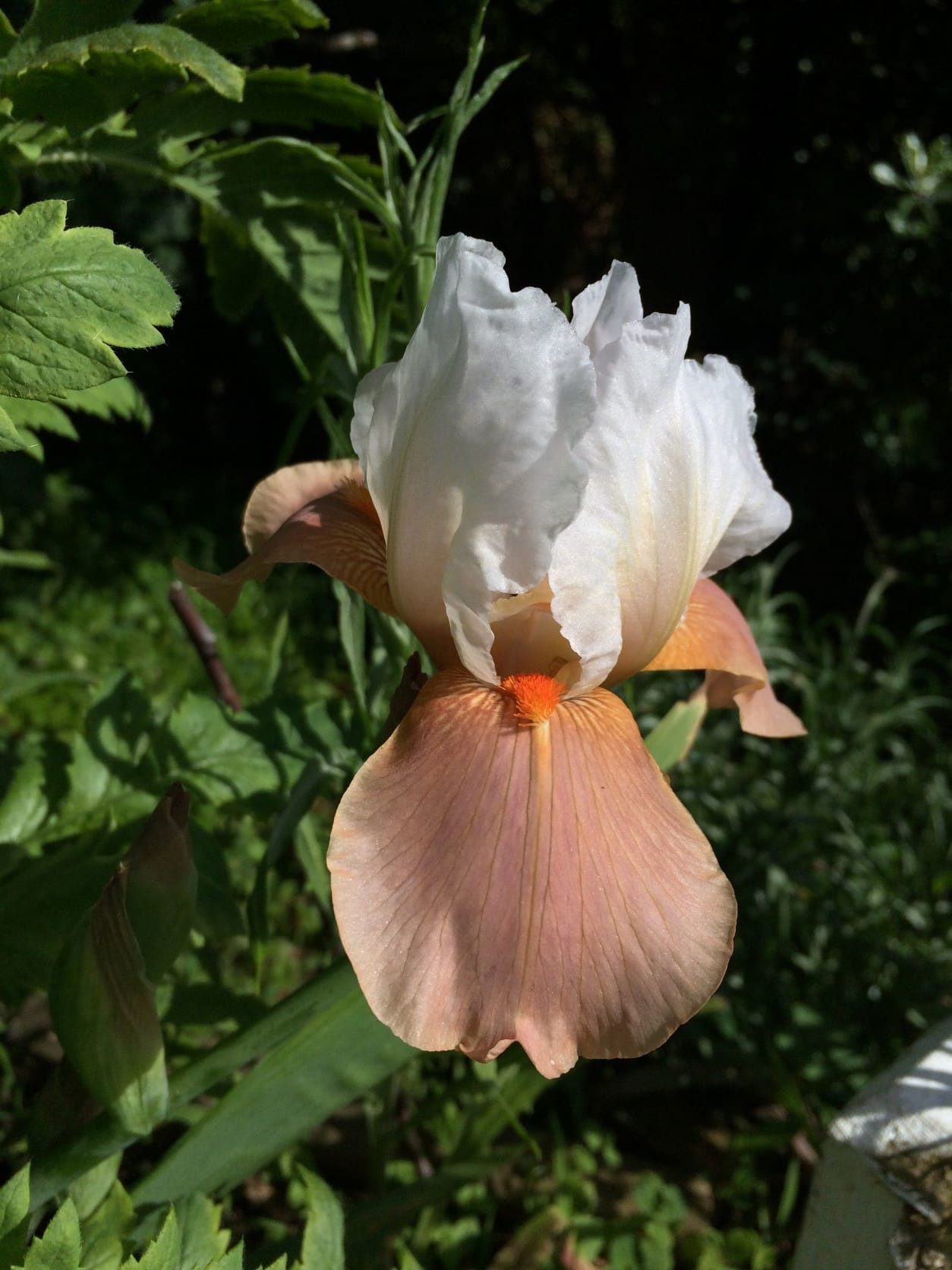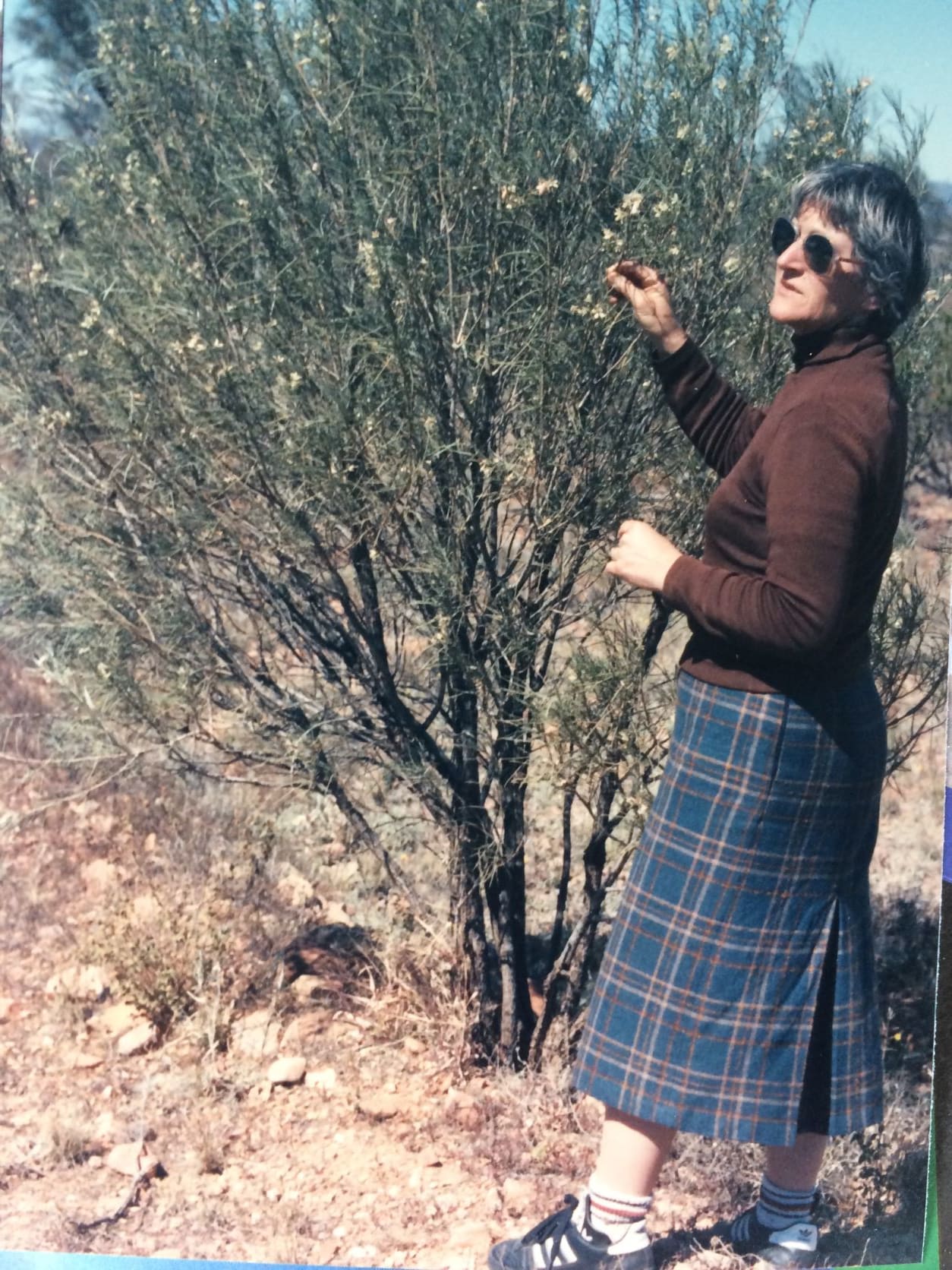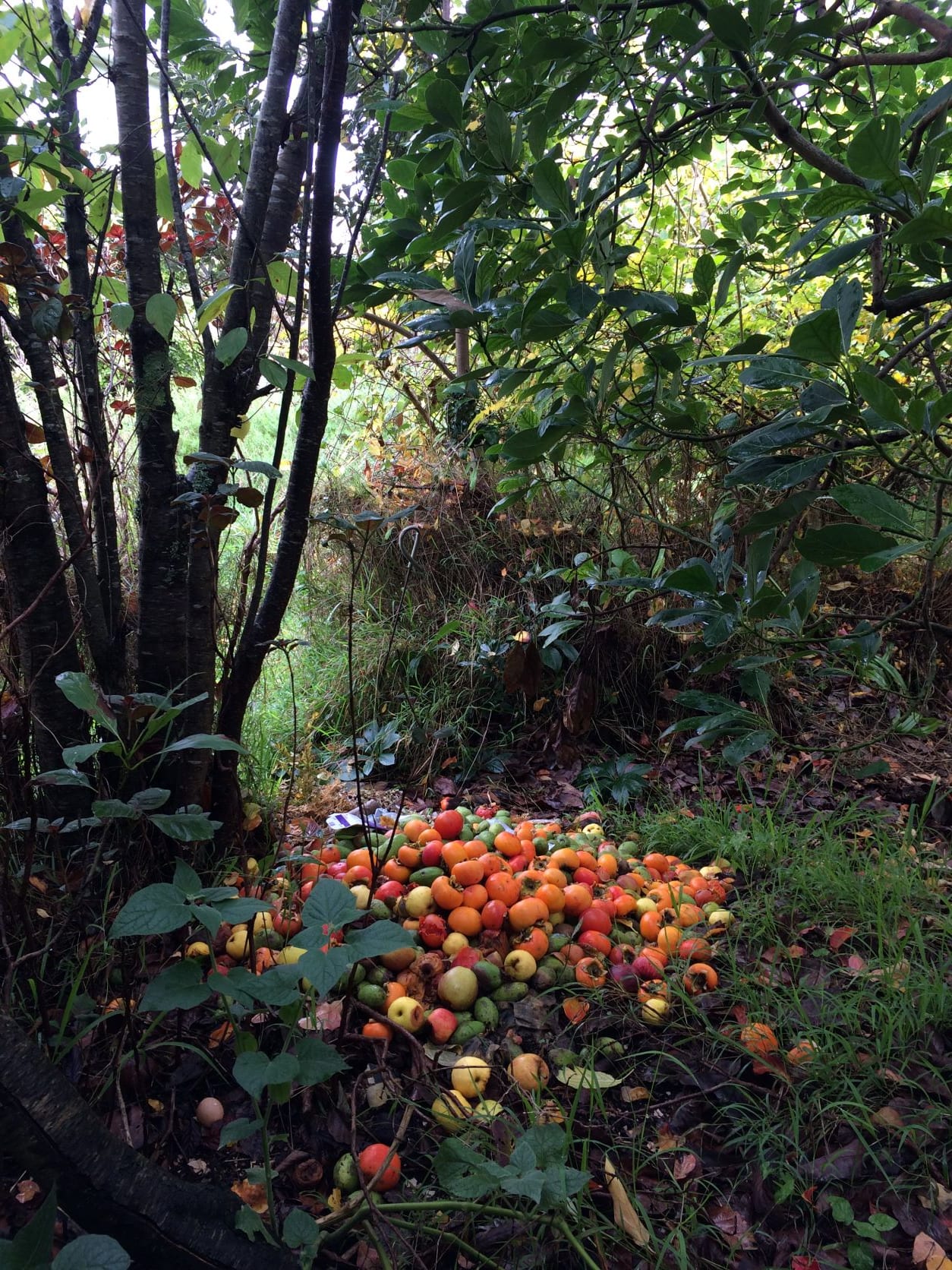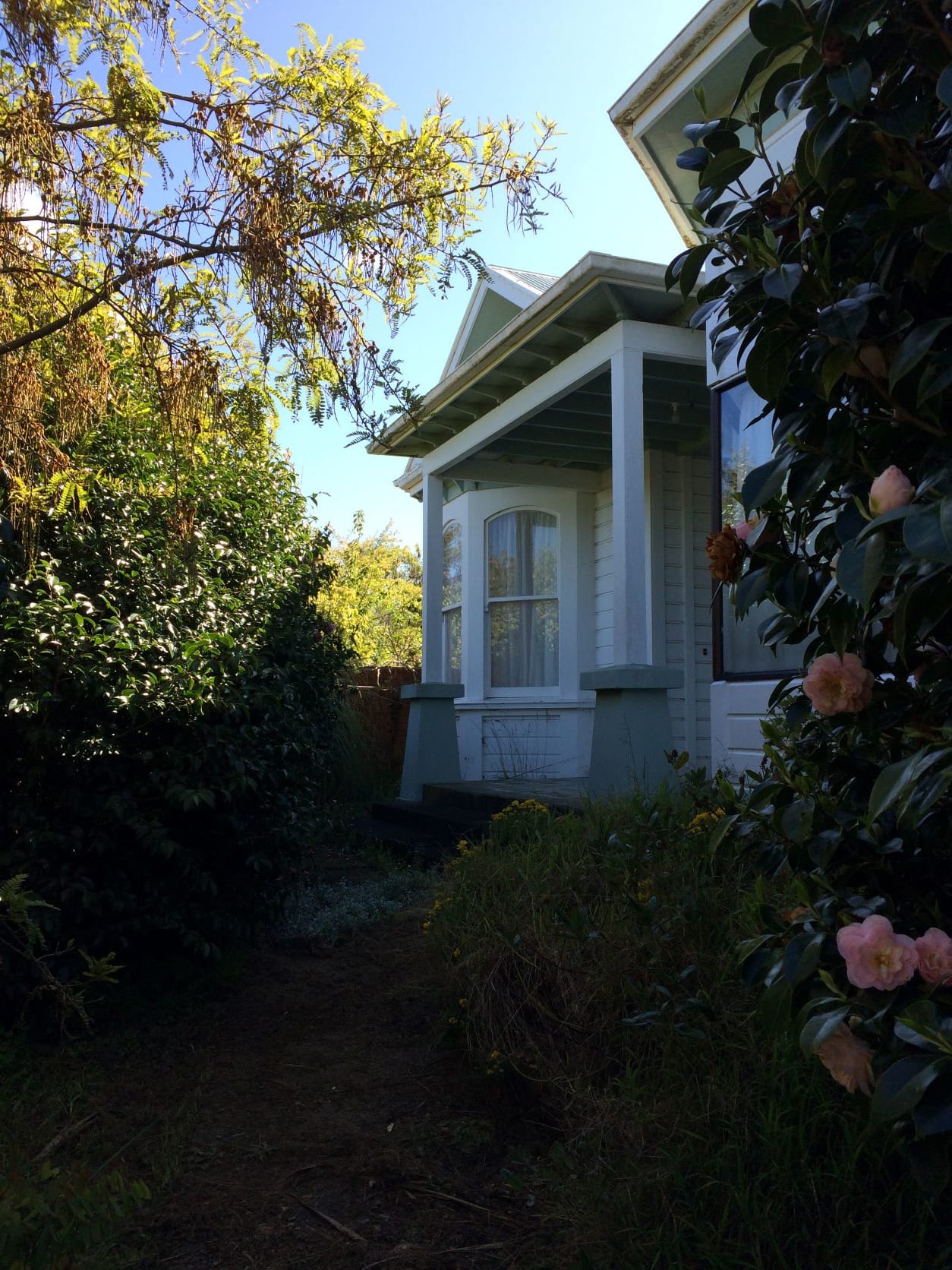Saturday Morning for Saturday 25 June 2022
8.10 Simon Marks: the right to abortion in the US has been overturned
The Supreme Court in the United States on Friday revoked the constitutional right to an abortion that has been in place for half a century — overturning Roe v. Wade on a 5-4 vote. This clears the way for dozens of states to ban the procedure. Across the country governors, attorneys general, and other state and local leaders now gain new powers to determine when abortion will be permitted.
We are joined by correspondent Simon Marks from Washington.
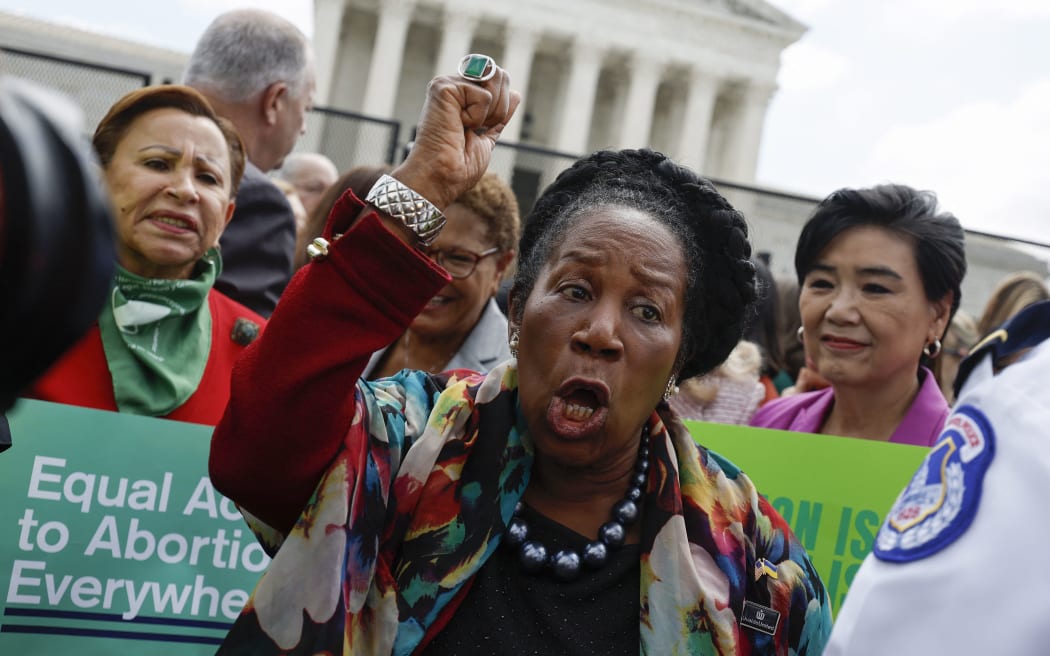
Photo: AFP
8.20 Samuel Getachew: can Ethiopia give peace a chance?
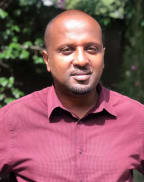
Photo: supplied
Peace might be on the horizon for the East African nation of Ethiopia after 19 months of civil war, which has seen thousands killed and millions needing humanitarian aid.
On 18 June up to 320 people were reported to have been massacred, an action blamed on rebel group the Oromo Liberation Army, by the Oromia regional government. Yet, many commentators suggest the prospects for peace have never been better. Earlier this month the Ethiopian government and Tigray People's Liberation Front (TPLF) committed to working towards peace talks.
Based in Addis Ababa, Samuel Getachew is a journalist who has worked with Ethiopian newspaper The Reporter, as well as AlJazeera, CNN and HuffPost.
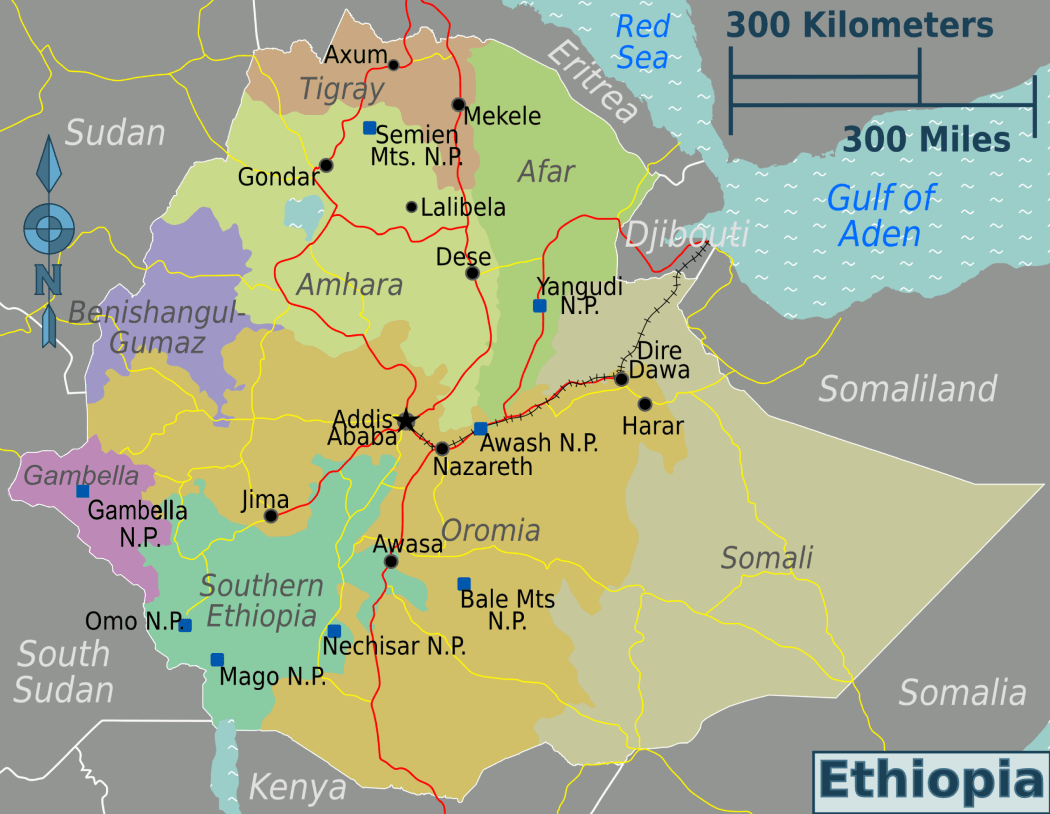
Photo: Public domain, via Wikimedia commons
9.05 Masha Gessen: Putin’s endgame and the propaganda machine
Russian-American journalist and author Masha Gessen has an unparalleled understanding of the forces that have wracked Russia in recent years. Gessen is currently a staff writer for The New Yorker, lending their cross-cultural fluency to provide valuable insights into manifestations of power at this critical moment.
Gessen’s books include The Future Is History: How Totalitarianism Reclaimed Russia and The Man Without a Face: The Unlikely Rise of Vladimir Putin. Their latest is Surviving Autocracy, a book described as an inventory of awfulness that draws parallels between Putin and former US President Donald Trump.
Gessen will be appearing in person at the Auckland Writers Festival on 23 August. Head over here for more information.
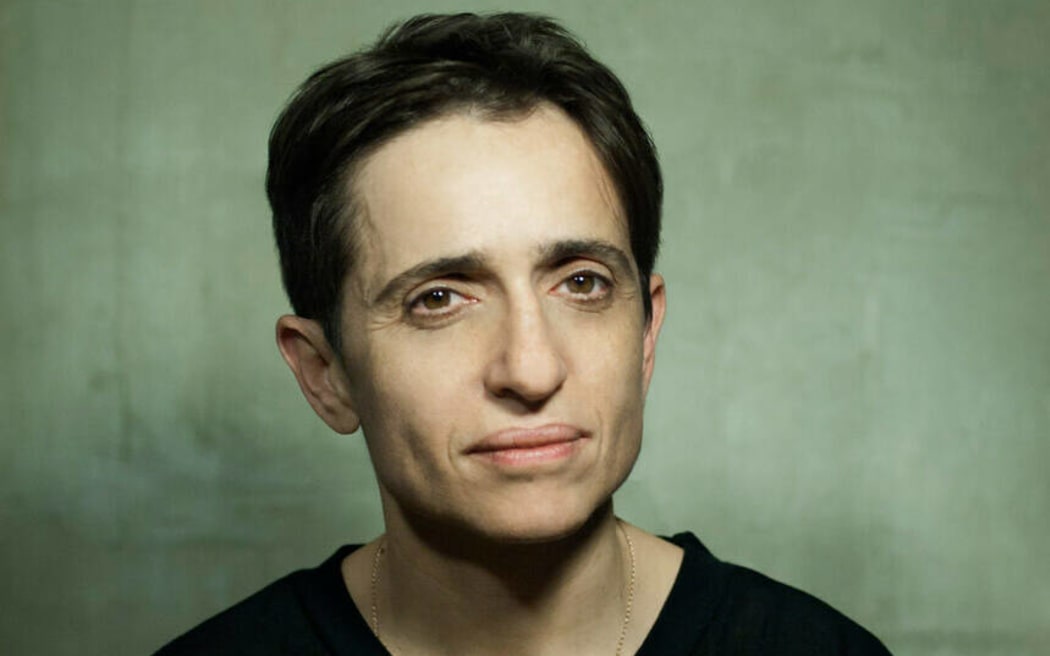
Photo: Tanya Sazansky
9.40 Karen Wrigglesworth: saving the hidden garden of Whanganui

Photo: Supplied
The race is on to save a largely unknown Whanganui garden with a rich history. The property on Bastia Hill was home to world-renowned iris breeder Jean Stevens and her husband Wally. Jean cultivated an incredible number of iris varieties and among her treasured accolades was the American Iris Society’s hybridisers’ medal for 1955.
The garden and homestead is now up for sale, and a group of Whanganui locals and out-of-town friends are trying to raise the $1.5 million to establish a trust and purchase the land, with the goal of turning it into a place for wider community.
Karen Wrigglesworth has a family connection to the garden and initiated the Blooms on Bastia group. You can contribute here.
10.05 Leah Purcell: creating a one-woman outback Western

Photo: supplied
It’s a classic story about a bushwoman struggling to raise her children and run a family farm by herself, but new film The Drover’s Wife: The Legend of Molly Johnson is also the first Australian feature with an Indigenous woman writing, directing and performing the lead role.
That woman is the extraordinary Leah Purcell, of the Goa, Gunggari, Wakka Wakka Murri people from Queensland. Purcell's The Drover’s Wife is a reimagining of a 1892 Henry Lawson short story, and the acclaimed writer, actor and activist has drawn strongly from her own background to tell it.
The film opens the Māoriland Film Festival in Ōtaki on 29 June. In September Purcell will take up the Māoriland Filmmakers’ Residency - the first of its kind in New Zealand.
10.30 Li-Ming Hu: making a disco performance of yourself

Photo: supplied
Li-Ming Hu was known back in the noughties for playing Li Mei Chen on Shortland Street, Gemma in Power Rangers RPM, and even for popping up on Celebrity Treasure Island. But since then, the actor has turned fine artist, exploring people’s need to perform to camera.
Currently based in New York, Hu uses video, performance, comedy, disco and her own life to examine the rules and biases surrounding the art and entertainment industries. For her show Elsewhere and Nowhere Else - at Auckland‘s Te Tuhi gallery until 4 September - she has recreated her New York studio and screens ‘Boney (Phoney) M’, where she plays all four estranged members of the famous group.
11.05 Sarah Jane Barnett: a coming-of-middle-age story

Photo: Supplied
After getting a hysterectomy in her early 40s, poet and writer Sarah Jane Barnett was prompted to examine what “being a woman” really means. What started as a personal writing project quickly turned into a manifesto-of-sorts for women entering this middle-phase of life. The result is Barnett’s third book, Notes on Womanhood.
In this exploration of womanhood, Barnett looks back at the devastation she inflicted on herself as a young woman, the invisibility she feels as her youth fades, the power of female friendship, and how being the daughter of a transgender woman changed her ideas of womanhood.

Photo: Supplied
11.35 Matt Baker: giant bacteria and robotic fish

Photo: Supplied
Sydney-based New Zealander Dr Matt Baker returns for a chat about some of the latest science news.
This week: the world’s largest known bacteria have been discovered in the tropical mangroves of Guadeloupe — the Thiomargarita magnifica are large enough to see without a microscope, at around a centimetre long each. And scientists have designed a tiny robot fish that is programmed to remove microplastics from the ocean by swimming around and absorbing them.
Dr Baker is the Scientia Research Fellow in the School of Biotechnology and Biomolecular Sciences at the University of New South Wales.
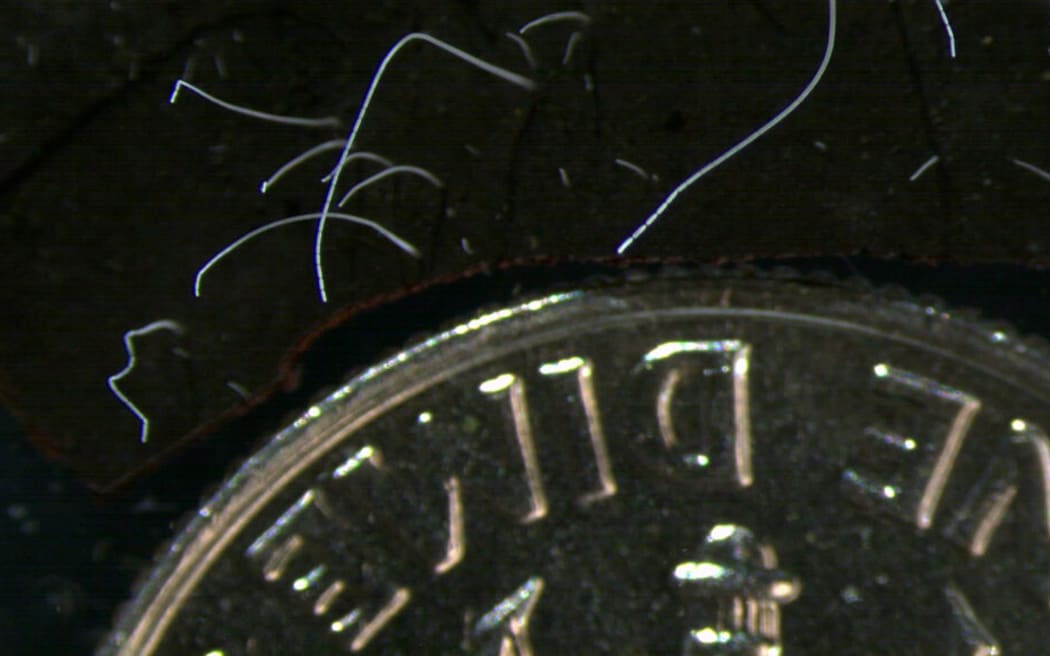
Thiomargarita magnifica, which was discovered on decaying mangrove leaves in shallow tropical marine marshes. Photo: Tomas Tyml
Books mentioned in this show:
Surviving Autocracy
By Masha Gessen
Published by Penguin RandomHouse
ISBN 9780593332245
Notes on Womanhood
By Sarah Jane Barnett
Publisher : Otago University Press
ISBN: 9781990048364
Songs featured in this show:
Ihioopa
Troy Kingi
Played at 8.55am
Sunny
Boney M
Played at 10.32am
Gifted
Koffee
Played at 11.07am

